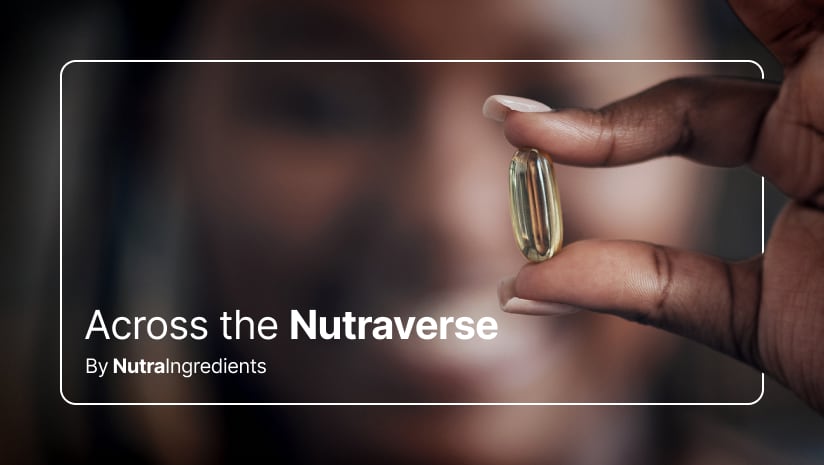On July 16, the European Commission (EC) published its draft mandates on ‘dynamic alignment’ for new SPS (Sanitary & phytosanitary) rules in the UK, aiming to reset post-Brexit relations and reduce trade friction on imports and exports.
The dynamic alignment—regulatory standards agreed between parties following a trade agreement—asserts that the UK must adopt the full EU SPS rules, including those on food safety, animal/plant hygiene, organics, pesticide controls, labelling and marketing standards, among others.
In return, while the UK will not have a vote in EU decision-making, it would be granted early consultation during policy development.
In exchange for access to the EU market, the UK would also need to contribute financially to relevant EU agencies and systems.
No formal implementation date has been announced yet. The agreement is still under negotiation, and many operational details are yet to be finalized. The draft mandates are part of a broader effort to address the 21% drop in UK agri-food exports to the EU since Brexit , as well as the rising costs, increased paperwork and border delays.
Mark Tallon, managing partner of food law consultancy Legal Foods, noted there will be a short and “highly restrictive” list of exceptions to escape dynamic alignment. These include cases where the exception does not lead to lower standards as compared to the European rule; does not negatively affect EU animals and goods being place on the UK market; and respects the principle that only animals and good compliant with EU rules move into the EU.
Tallon said the UK will “become a rule taker, not maker” and noted his concerns where UK law does not match the EC’s, such as with CBD novel foods.
He noted that May 2025 saw the first positive risk assessment opinions for CBD products, meaning these companies were just awaiting the final formal licensing step of the novel foods process, but that is still pending.
“Does this mean CBD and many other applications may never gain approval under the UK system or will they be signed-off before we get the SPS agreement in place?” Tallon asked.
“My hope would be that food businesses that began expensive novel food submission on the basis of goodwill and importantly legitimate expectations they would be approved under a UK system, will be rewarded. Now is the time trade associations and food business make their voices and concerns heard.”
Eoin Keenan, co-founder and CEO of the CBD drinks and supplements brand Goodrays, with an academic background in CBD policy, said he trusted exception would be made for the CBD industry.
He noted it will take some time for the mandates to be formalized and believes that CBD Novel Foods applications will have secured authorization before then.
“There are many examples of food products being allowed to be sold in one but not another EU member states, so if this legislation was to be put in place before the EFSA has a chance to fully market authorize CBD, which is a big ask, the most likely solution would be to create a similar exception,” he said.
“The FSA are nearly at the finish line with the authorization process, so it just wouldn’t make sense to row back on that, particularly as it’s one of the fastest growing sectors in the UK and the whole point of the SPS draft is to stimulate trade.”
Luca Bucchini, chairman of the European Specialist Sports Nutrition Alliance (ESSNA), said there are clear benefits to dynamic alignment, particularly in terms of trade.
“Smoother and faster flows with the EU can lead to significant cost savings for both businesses and consumers, and while the UK government will not have a final vote on EU legislation, it will have a voice in the EU policy making process,” he told NI.
“The common understanding between the Commission and the UK contemplates a limited number of issues that might be exempt from this alignment, and the next six months are going to be key in deciding which these are.”
He added that government bodies are working with trade associations to address key issues and determine how dynamic alignment will work in practice, urging UK-based companies to engage through their associations to ensure their concerns are heard in this rapidly evolving political and regulatory environment.
Any benefits of Brexit?
Tallon told NI Brexit could be “of great benefit to the UK but only if it diverges from EU rules such as alternate assessment regime for novel foods and health claims.”
This has not happened, however, meaning UK companies “are suffering all the disadvantages with none of the potential benefits.”
“In my own personal view, it is a betrayal of Brexit decision,” Tallon added. “Whilst I wish we had not left the EU and did not believe in Brexit, others did and that was the decision.
“We cannot then sign up chunks of the UK to, in effect, be under EU rules and specifically the jurisdiction of the European courts. We should be all in or all out. If times have changed, let’s vote to re-join.”
CBD Novel Food Impact Survey
The Cannabis Trades Association has launched a CBD Novel Food Impact Survey to assess the impact of the Food Standards Agency CBD Novel Foods regulatory process on businesses across the CBD Food sector from 2018 to the present day. Its purpose is to gather evidence-based insights on the financial, operational and regulatory consequences faced by CBD manufacturers, producers, distributors and suppliers. The anonymized findings will be used to inform the FSA and other relevant stakeholders and to support advocacy for a more proportionate and effective regulatory environment.





